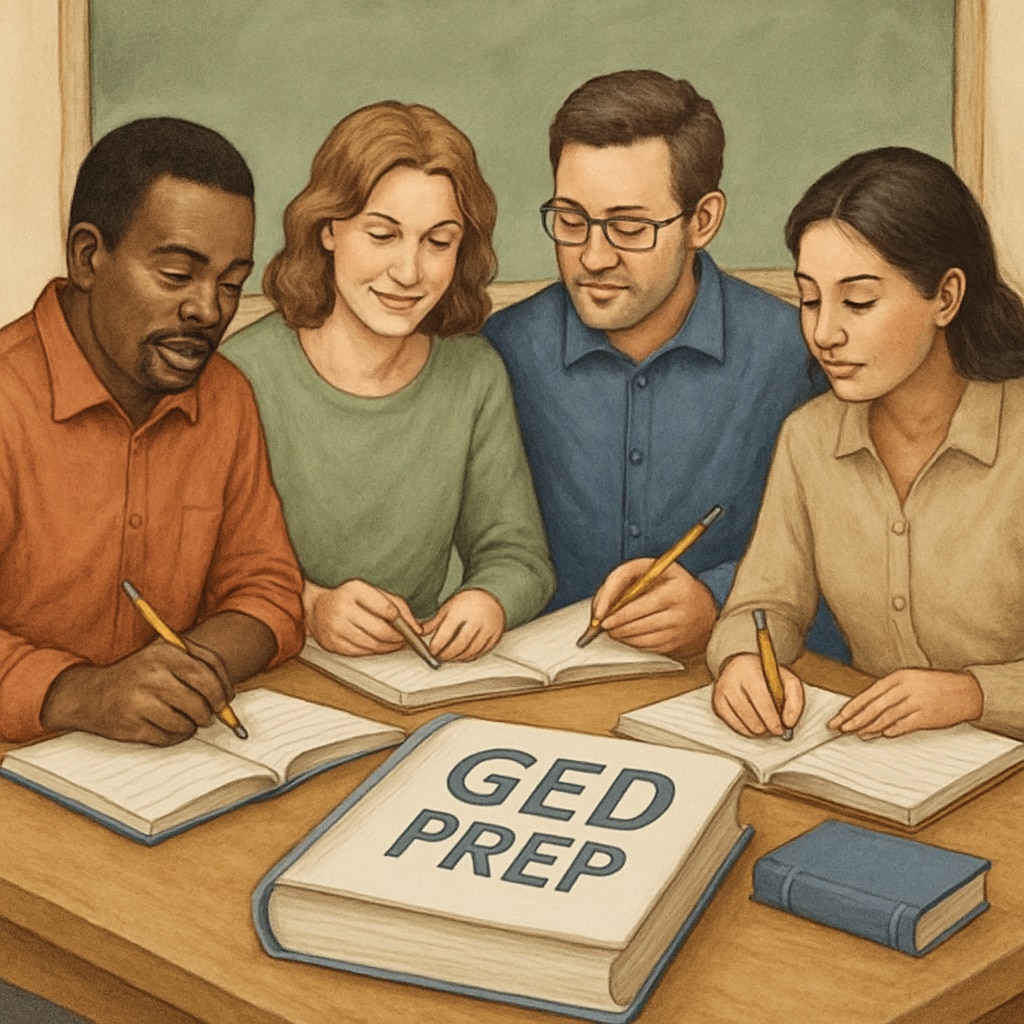For adults who have interrupted their education journey, earning a General Educational Development (GED) diploma can be a transformative step toward achieving higher education goals. Whether due to personal challenges, financial constraints, or other circumstances, the path to college is not closed for GED holders. In fact, many colleges and universities support adult learners by offering accessible options for admission. This article explores how GED graduates can successfully apply to college, highlights admission policies, and provides practical guidance for navigating adult education opportunities.
Why GED Opens Doors to Higher Education
Obtaining a GED diploma signifies mastery of high school-level academic skills and can serve as an alternative to a traditional high school diploma. While some may assume that colleges predominantly favor standard diplomas, many institutions recognize the GED as a valid credential for admission. For example, GED on Wikipedia outlines its widespread acceptance globally.
- Major universities often accept GED holders, provided they meet other criteria such as test scores and essays.
- Community colleges usually have open-door policies, allowing GED graduates to enroll easily.
- Specialized programs and scholarships cater specifically to adult learners and GED recipients.

Steps to Apply for College with a GED
Applying to college as a GED holder involves preparation and strategic planning. Below is a step-by-step guide to ensure success:
- Research Colleges: Identify institutions that accept GED diplomas and align with your career goals.
- Prepare Application Materials: Gather transcripts (if available), GED scores, recommendation letters, and personal statements.
- Take Standardized Tests: Some universities may require SAT or ACT scores for admission.
- Apply for Financial Aid: Explore grants, scholarships, and federal aid programs tailored to adult learners.
- Leverage Support Networks: Utilize counseling services, GED prep resources, and mentorship programs.
In addition, understanding specific policies at your target colleges can make a significant difference. For instance, the higher education system on Britannica provides insights into various admission protocols for non-traditional students.

Overcoming Challenges as an Adult Learner
Adult learners face unique challenges, but persistence and resourcefulness can overcome these obstacles:
- Time Management: Balancing work, family, and study can be demanding. Create a schedule and prioritize your commitments.
- Financial Constraints: Investigate tuition assistance programs or part-time study options.
- Confidence Building: Embrace the mindset that age does not limit your potential for success.
Moreover, many colleges offer dedicated resources for adult students, such as tutoring centers, mental health services, and career counseling. These tools can help you adjust to academic life and thrive.
Success Stories: GED Graduates in College
Numerous GED graduates have gone on to achieve remarkable success in higher education and their professional careers. Their stories highlight the importance of determination and resilience:
- A GED holder who overcame adversity to earn a nursing degree.
- An adult learner who used their GED to enter a business program and launch a successful startup.
- A community college graduate who transferred to a prestigious university to study engineering.
These examples show that a GED is not just a diploma—it is a stepping stone to greater opportunities.
Readability guidance: Use concise paragraphs with actionable advice; include lists and examples for clarity. Encourage readers to embrace lifelong learning and take the first step toward their goals.


